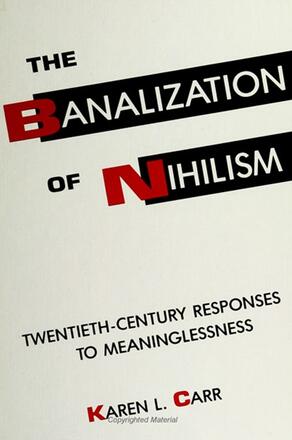
Conflict, Competition, or Cooperation?
Dilemmas of State Education Policymaking
Alternative formats available from:
Description
This book analyzes the organizational interface between the public and higher education sectors as policy leaders experiment with cooperative strategies to optimize legislative appropriations, compete for organizational domain in vocational education, work together to manage a joint crisis posed by a popular tax revolt, and use the symbols of cooperation to build libraries in higher education. Focusing on the state of Utah, this micro-analysis of political relationships between policy elites—as conditioned by the organization rank and file—illuminates the political culture of upper echelon policymaking in education, focusing on the complex fabric of interests and contingencies that policymakers perceive and respond to in specific political circumstances.
Abrams provides an in-depth, policy specific case-in-point of the political implications of a more competent state government presence in our public life. He draws perspectives from several research traditions in the social sciences to explain the dynamics of organizational competition and cooperation. The resulting analysis of state-level education politics is provocative and unconventional, and heightens our understanding of why the two education sectors must compete, and how they can cooperate.
Douglas M. Abrams is a former Fulbright Fellow to France and is an administrator within the Utah Department of Community and Economic Development.
Reviews
"Conflict, Competition, or Cooperation? is a timely addition to the long neglected study of the interface between elementary-secondary and post-secondary education. The work provides valuable insights for several research traditions. " — E. Robert Stephens, University of Maryland at College Park
"State policymaking is critical to the future of American education, yet it is among the least understood dimensions of the system. Much of the literature is anecdotal, focused on a single state, and highly biased by the author's personal perspective. Rarely is there an effort to connect case studies with a broader theoretical framework or a national context and few attempts have been made to link policymaking at the elementary/secondary and higher education levels. Douglas Abrams' work is a significant effort to fill that void. It will be especially useful for students interested in both a theoretical and practical understanding of the education policymaking process. While focused on one state, the work is undergirded by a thorough review of the related literature. The analysis of the policymaking process in Utah is fascinating reading in itself, but readers from other states will quickly recognize and appreciate the relevance of the analysis to their own situations. " — Aims C. McGuinness, Jr. , Director, Higher Education Policy, Education Commission of the States